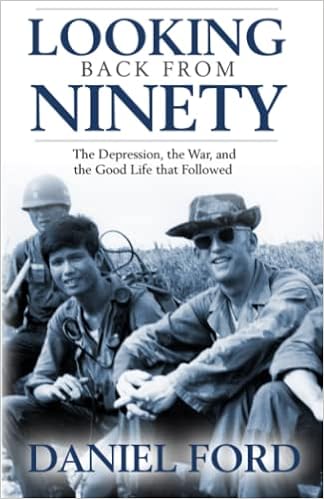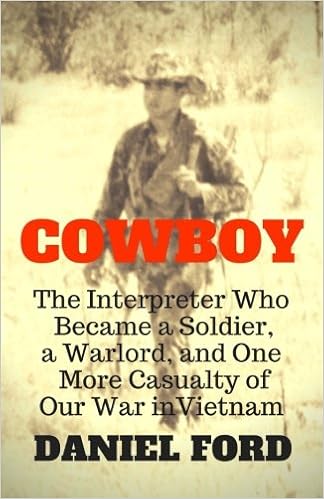Slave/free and other dichotomies
Our texts use a shorthand that I find deceptive: the Cold War as a clash between communism and capitalism. In Reynolds for example (p.828) the index entry for capitalism also has a subcategory entitled 'communism vs' with six page references followed by 'see also cold war' (p.828). So to Reynolds the two ideas are equivalent!
The other authors are more subtle, but Gaddis too falls into the language: the US tried to 'reconstitute independent power centers in Europe and Asia [that] would be integrated into the world capitalist system' (p.39). Young & Kent summarize Kennan's Long Telegram as 'The advance of Soviet communism at the expense of capitalism could be prevented' by containment (p.68), though Kennan seldom used this language except when speaking of the Soviet world view.
Young & Kent properly scoff at Cold War propaganda that spoke of a clash between the 'slave world' and the 'free world' (p.145). But really, is their own shorthand any more sophisticated?
Could the government of the Scandinavian countries postwar fairly be described as capitalist, as opposed to democratic socialist? Could Germany or France? Or Britain in the years between the Churchill and Thatcher governments, with National Health Insurance and government ownership of utilities, transportation, and most heavy industries? I'm not even sure if capitalist fits the US before Reagan put it back on the right track (as it were) in the 1980s.
Surely what united Japan, western Europe, and the English-speaking nations in the postwar years was their common desire to preserve paralimentary democracy--not capitalism. Similarly, the Soviet Union was less interested in communism than in preserving its command economy on the Marxist-Leninist model, along with those it had imposed on its East Bloc satellites. The same model would be true of Mao in China, Ho in Vietnam, Kim in Korea, and finally Castro in Cuba--dictators all, however beloved they might have been in their own countries.
Better and more honest, in my judgment, is to think of the Cold War as a standoff between parliamentary democracies and socialist dictatorships.











2 Comments:
Dan,
I think I have to disagree. Parliamentary democracies are intrinsically tied to the capitalist systems which they represent. When I first started getting serious about history, and in particular Colonial American history, I began to see that it could not be separated. This is true not just of the joint-stock companies that paid for the settlement of Jamestown, (coming up on their 400th birthday) but for the Puritans of New England as well. (See The Rise of the Atlantic Economies by Ralph Davis). To be fair, it seems also true that command economies are intrinsically tied to the so-called Socialist dictatorship systems they represent.
So capitalism = democracy and communism = dictatorship?
I visited Taiwan and China in 1986, the first year one could visit both countries with the same passport. (Previously the PRC had denied entry to anyone showing a ROC visa, and I think the converse was also true.) Funnily enough, I recall China as glittering with entrepreneurship while Taiwan gave me the uneasy feeling that I was in a police state. Both of course have evolved hugely in the past twenty years, but it is Taiwan that has more truly become a parliamentary democracy, suggesting there is something to the equation.
I hope it works in Russia!
Post a Comment
<< Home